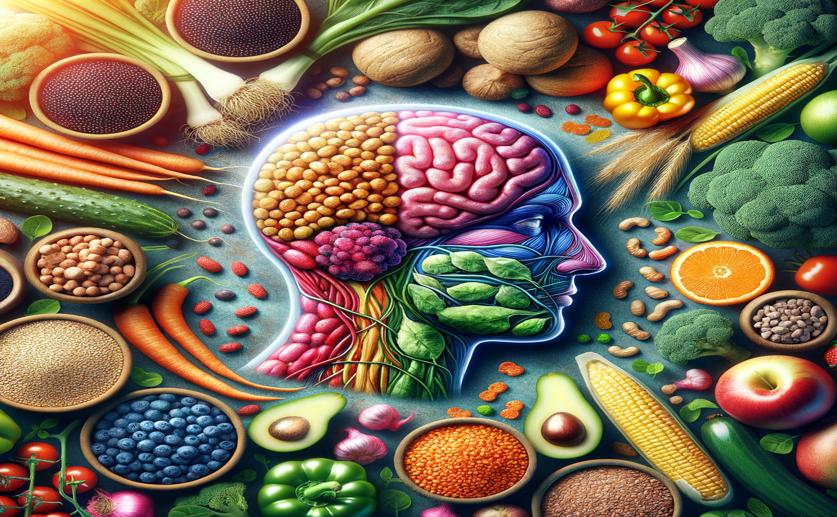
Healthy Diet and Plant Nutrients Linked to Prostate Cancer Risk: A Study
Jim Crocker
9th August, 2024

Image Source: Natural Science News, 2024
Key Findings
- The study from Shiraz, Iran, found that a healthy diet can significantly reduce the risk of prostate cancer
- Higher scores on the Healthy Diet Indicator (HDI) were linked to a lower likelihood of developing prostate cancer
- Consuming more phytochemical-rich foods, like fruits and vegetables, was also associated with a reduced risk of prostate cancer
MedicineHealthFitness And Diet
References
Main Study
1) The association between healthy diet indicator and phytochemical index with prostate cancer odds ratio: a case-control study.
Published 8th August, 2024
https://doi.org/10.1186/s41043-024-00603-6
Related Studies
2) Defining a Healthy Diet: Evidence for The Role of Contemporary Dietary Patterns in Health and Disease.
3) Phytochemicals in Inhibition of Prostate Cancer: Evidence from Molecular Mechanisms Studies.
4) Mediterranean diet pyramid today. Science and cultural updates.



 31st May, 2024 | Jenn Hoskins
31st May, 2024 | Jenn Hoskins